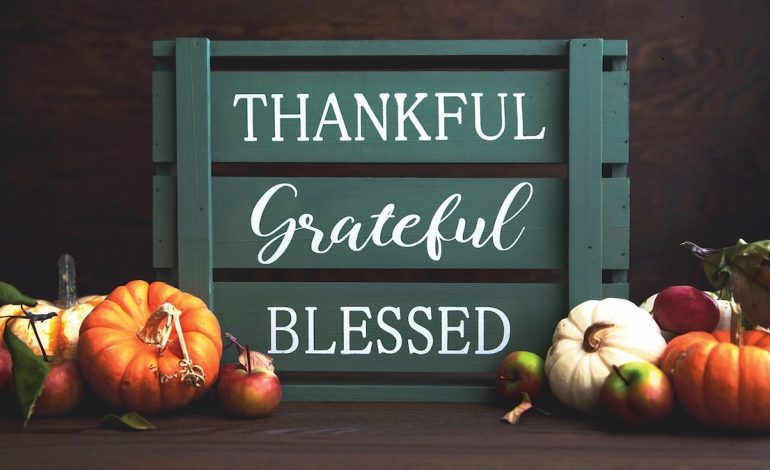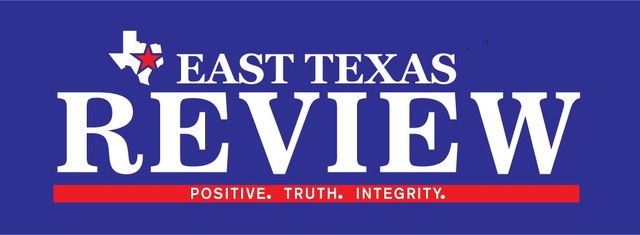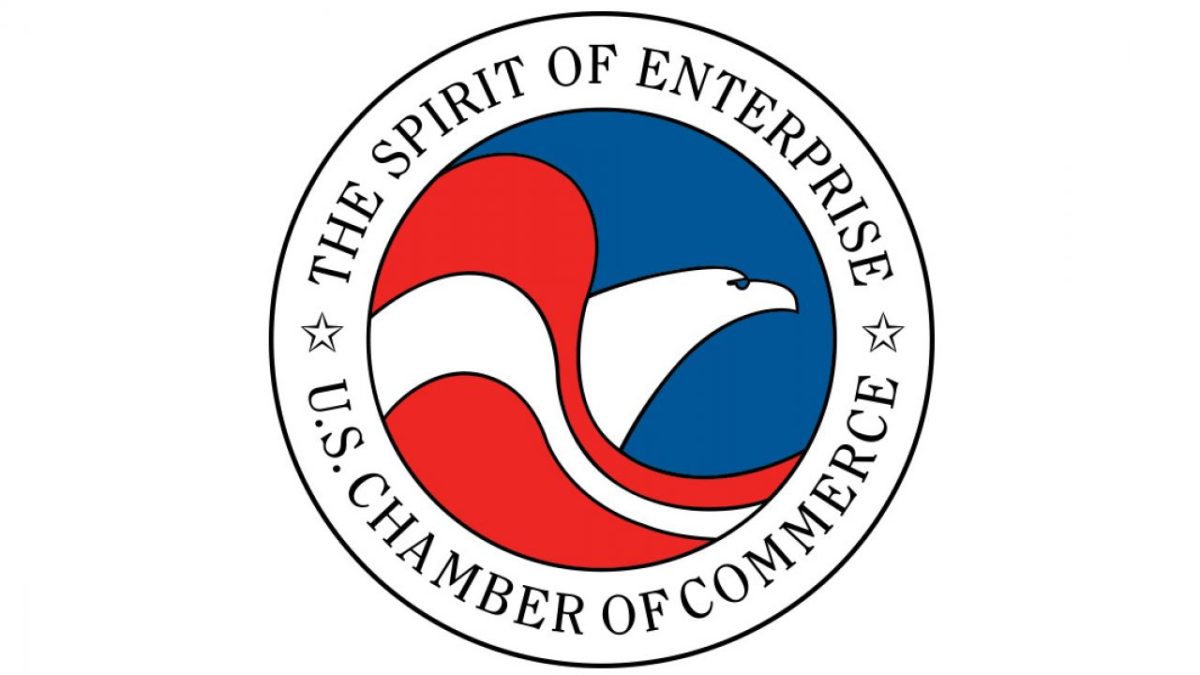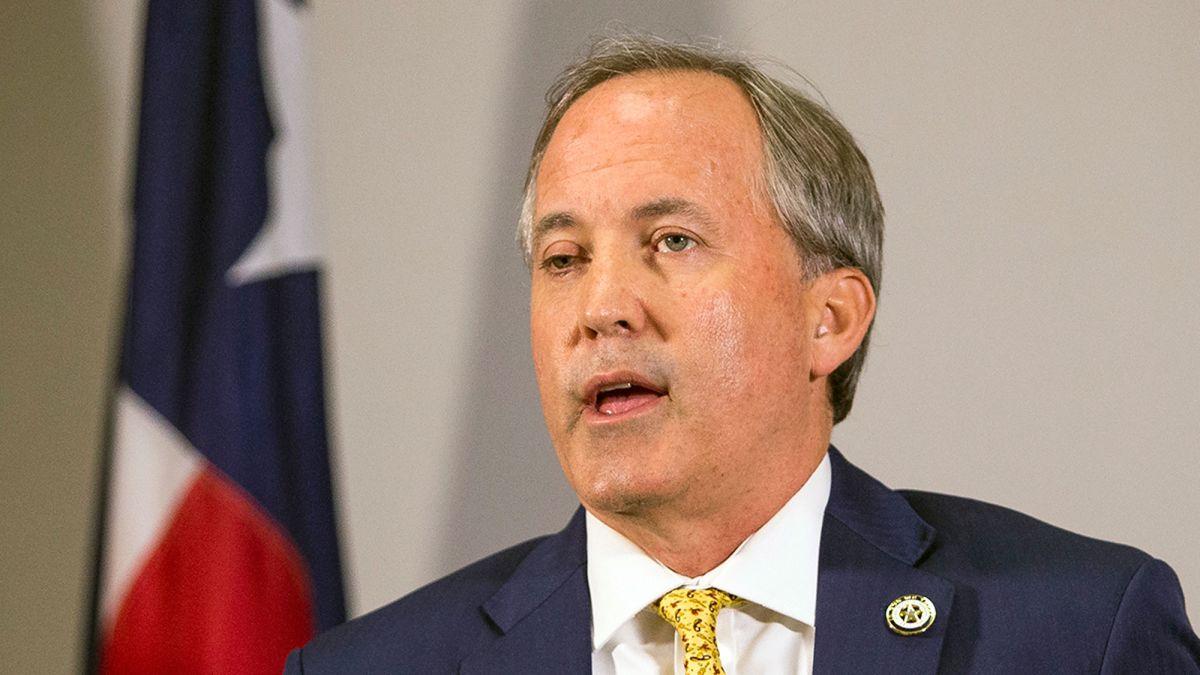
Thank You For Your Thank You
By Robert Goldman
Whether you’re reading this before or after Thanksgiving, thank you.
(If you’re reading this on Thanksgiving, please pass a drumstick.)
The importance of saying thank you in business cannot be overstated. Unfortunately, when you make as many mistakes as thee and me, you don’t get a lot of thank-yous, so it is completely understandable that we need help.
While saying thank you at your current job is important, when it comes to getting a new job, it’s essential. This is why we should all say a heartfelt thank you to Jennifer Alsever, the author of “How to Nail that Job Interview with this Ultimate Guide to Writing the Perfect Thank You Note,” a must-read from Fast Company.
“A thoughtful, well-written thank you note after a job interview will give you a leg up on the competition,” Alserver observes, “and offer an opportunity to remind hiring managers just how awesome you are.”
And if you’re not awesome, or even adequate? The right thank you will give you a chance to smooth over the blunders you committed in the interview and maybe – just maybe – show the hiring manager that you’re not as big a loser as they think you are.
Want tips on how to do thank-yous right? You’ve come to the right place.
No. 1: Takes notes during the interview
By taking notes you can remember whether the hiring manager was “skeptical of anything on your resume.” You can then use your thank-you to obfuscate their accurate impression of the gross misinformation you’re trying to peddle.
“Perhaps I over-stated my personal contribution to the invention of the Internet,” you could write. “I was busy at the time helping NASA launch rockets to the moon, which seems a lot more important than creating a place where you could shop for shoes.”
No. 2: Be prompt
Hate to tell you, but the years you spent learning calligraphy have been wasted, since, “in this fast-moving, post-pandemic work world, email is fine.” The key is to “send your note promptly — within 24 hours of the interview.”
I endorse the 24-hour rule. Just be sure your thank you arrives 24 hours before the interview.
Sending your thank you early allows you to take control of the interview by specifying the topics you don’t want to discuss (work history, money laundering, pending lawsuits for malfeasance and embezzlement,) and what you will discuss (recipes, the weather, dark and depressing limited Norwegian detective series on Netflix.) You can also take control by specifying the drinks and snacks you expect. What you demand will not make you a more acceptable candidate, but a bottle of Cristal and a pupu platter will make the rejection go down smoothly.
No. 3: Never say “Hi”
Recruiters have a problem with thank-you notes that are too casual. Instead of “Hi,” use a more formal greeting, such as “Salutations, oh greatly respected decision maker whose business acumen is only acceded by their perspicacity before whom I bow in humble gratitude for the precious five minutes you allowed me to bask in your glorious presence, before you wrongly rejected me, you jerk.”
And since you never said “hi,” feel free to say “bye.”
No. 4: Make it personal
Who wants to hire a vanilla employee who quietly and efficiently does their job and never causes any trouble? “Show me your personality” says recruiter Alan Jones. “Make me want to talk to you on a daily basis.”
If your potential employer likes to talk about projects that never get finished, plans that never get implemented, and the kind of constant gossiping that tears teams apart, you are ideal hire.
With all the trials and tribulations, you will create, there never will be a time when there’s nothing to talk about.
No. 5: Ease any concern
A thank you note is your best and last chance to “demonstrate that you are aware of your potential shortcomings and eager to prove to the team that you are willing to learn.”
If the interview proved you did not have the experience required or, really, any idea of what the company does, explain that you are willing to get up to speed by listening to a podcast or a Ted Talk, assuming, of course, you are reimbursed for your time.
“I may not be a likely candidate for your job,” you could write, “but I will make everyone else you ever hire in your entire career look a whole lot better.”
If ever there was a thank you that deserved a thank you, that’s it.





